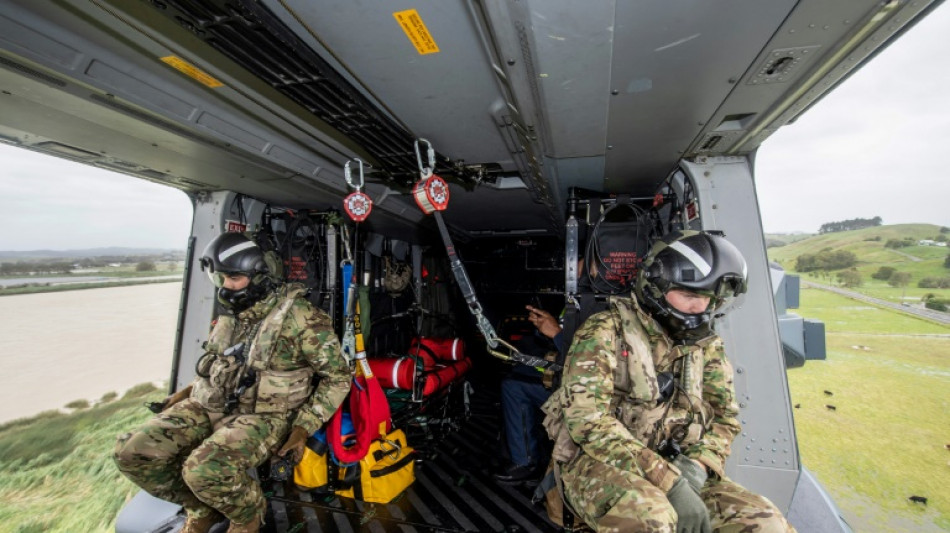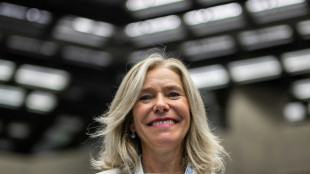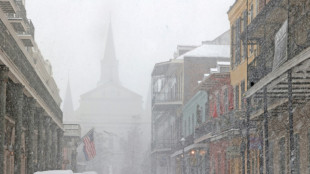

Toddler among dead as New Zealand storm toll mounts
A New Zealand mum has recounted the heartbreak of watching her two-year-old daughter being swept away in floodwaters unleashed by Cyclone Gabrielle, which has killed at least eight people.
The storm has faded into the South Pacific but left a trail of destruction and human suffering across New Zealand's North Island.
About 10,000 people are displaced, cities and towns are still without power and drinking water, and local government officials estimate tens or even hundreds of communities have yet to be contacted.
Police on Friday confirmed an eighth death as a result of the storm, saying "the person is believed to have died after being caught in flood water".
Details are only gradually emerging about the scale of the disaster and the horrors endured by survivors such as Ella Louise Collins.
Collins, her husband and their two kids were trapped in their one-storey home in the hard-hit Hawke's Bay region when the floodwaters arrived.
"The water was about 10 centimetres from the ceiling in our house and rose extremely quickly and violently," Collins wrote in a Facebook post on Thursday.
The family of four tried to escape to the safety of a neighbour's roof, but were stopped by what she called "a sudden torrent of water which almost drowned us all".
In the chaos, two-and-a-half-year-old Ivy was swept away and drowned. Collins said the child "died very quickly".
"Please give us time while we ground ourselves and navigate this impossible time."
Prime Minister Chris Hipkins toured the Hawke's Bay region on Friday, saying "the whole country" was feeling for communities affected.
"There are some people who are in a very, very fragile state.
"I just ask people to keep going, you know, we will get through this. We will come out the other side of it. But it is an exceptionally challenging circumstance at the moment."
- 'The pressure grows' -
Hipkins came to office less than a month ago with the shock resignation of Jacinda Ardern -- who won international acclaim for her handling of a string of crises, including the 2019 Christchurch mosque attacks.
Now, five days after Gabrielle first struck, Hipkins is facing mounting questions about the speed of his administration's response in one of the wealthiest and most disaster-ready countries in the world.
"The longer the power's out, the longer the communications are out, the more the pressure grows. I feel that," Hipkins said.
"I've absolutely felt that today on the ground... All I can say to people is: everyone is going as fast as they can to try and get things reconnected."
He also told New Zealanders to prepare for several more days of crisis response before the cleanup can begin in earnest, and for "the likelihood there will be more fatalities".
Hipkins said police have "grave concerns" for those still missing, with 4,500 reports of people still unaccounted for.
He added that an 80-strong team is working to whittle that figure down.
With roads and bridges still unusable, the military has been deployed to help provide clean drinking water and supplies by sea and air.
The east coast city of Gisborne on Friday issued an urgent warning that drinking water was unsafe to consume after a "major" failure at the local treatment plant.
Local emergency management officials said it was "unknown" how long the district would be without clean water.
Authorities said 62,000 homes nationwide were still without power on Friday.
D.R.Megahan--NG



